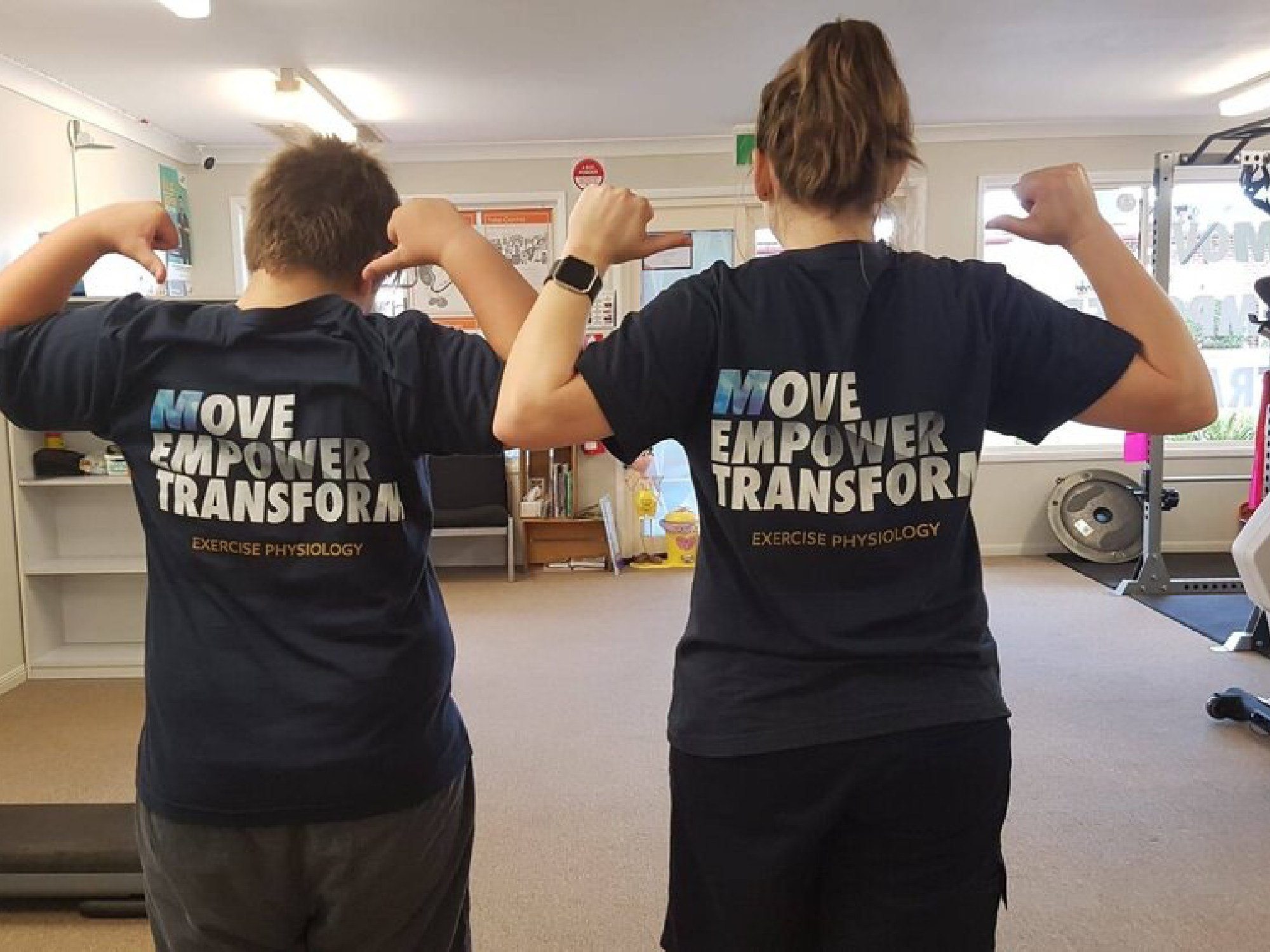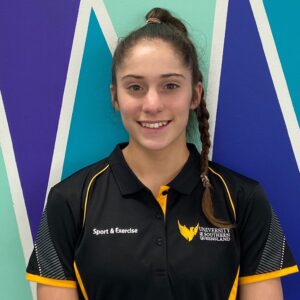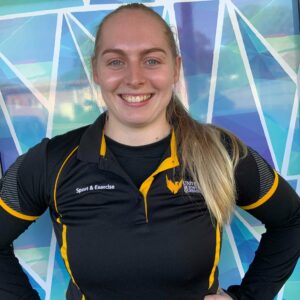Communities that participate in sport and recreation develop strong social bonds and therefore are generally safer places to live. The people who live in these areas are generally healthier and happier in comparison to places where physical activity isn’t a priority. Sport and recreation build stronger, healthier, happier and safer communities. Research has shown that physically active children perform better at school as it enhances their cognitive behaviour, improve concentration and memory retention.
At MET Phys we have a range of clients but this story is about one in particular who is autistic. He is a young male client who had signed up for the junior Auskick program here in Toowoomba. He was anxious and excited on sign up day as this was his first time playing the sport. After his first session he decided that he didn’t ever want to play Auskick again as he was no good! After hearing this we organised an exercise physiology “AFL” skill session to help build his confidence and technique. This allowed him to experience the game in a relaxed, controlled environment, permitting his confidence to grow, eliminating some of those initial fears. After the one on one AFL specific session, he said that he could play Auskick and all it would take to continue is to practice! What a win!! He went to his second training session filled with a sense of confidence knowing that he had the basic skills to train and fit in with the other kids and have fun.
The benefits of sport and activities with children are self-esteem, better social skills, confidence, and it helps with the control of emotions, patience, develops teamwork, reduces anti-social behaviour and camaraderie (joining a team gives children a sense of belonging).
Exercise physiologists are specially experienced and understand the complexities around working with children and young people living with illness, disability or other difficulties. They also have the skills and knowledge to prescribe effective exercise interventions that are suited to the individual’s specific needs with a therapeutic approach aiming to improve quality of life or disease management.




